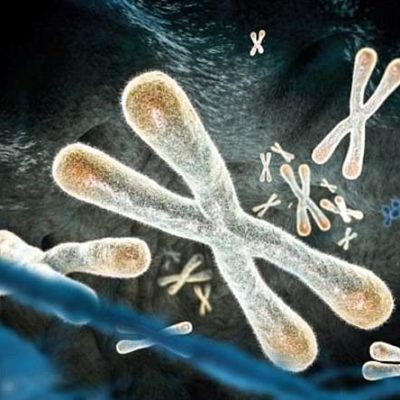A recent study conducted by researchers at Shaanxi Normal University has identified seven gene variants that are linked to mathematical abilities in children. The study, which involved 1,146 Chinese primary school children, found that these gene variants are responsible for different aspects of mathematical skills, including addition, subtraction, division, and the ability to verify and understand mathematical statements. Interestingly, some of these gene variants are similar to those associated with schizophrenia and autism.
Previous research has shown that genetics plays a significant role in a person’s mathematical abilities, accounting for up to 60% of their skills. However, until now, little was known about which specific genes were responsible for these abilities. The study conducted by the researchers at Shaanxi Normal University used a genome-wide association study to identify the gene variants linked to mathematical abilities in children.
The study found that two of the gene variants were associated with division, one with addition, and one with subtraction. Additionally, one gene variant was linked to the ability to estimate quantities, one to spatial perception, and one to the ability to verify and understand mathematical statements. The researchers also found that some of these gene variants were similar to those associated with schizophrenia and autism, suggesting a potential link between these conditions and mathematical abilities.
Overall, the study provides new insights into the neurogenetic mechanisms of mathematical abilities and highlights the need for further genetic research in this area. The findings could have significant implications for understanding the genetic basis of mathematical abilities and developing new interventions to support children’s learning in this area.










